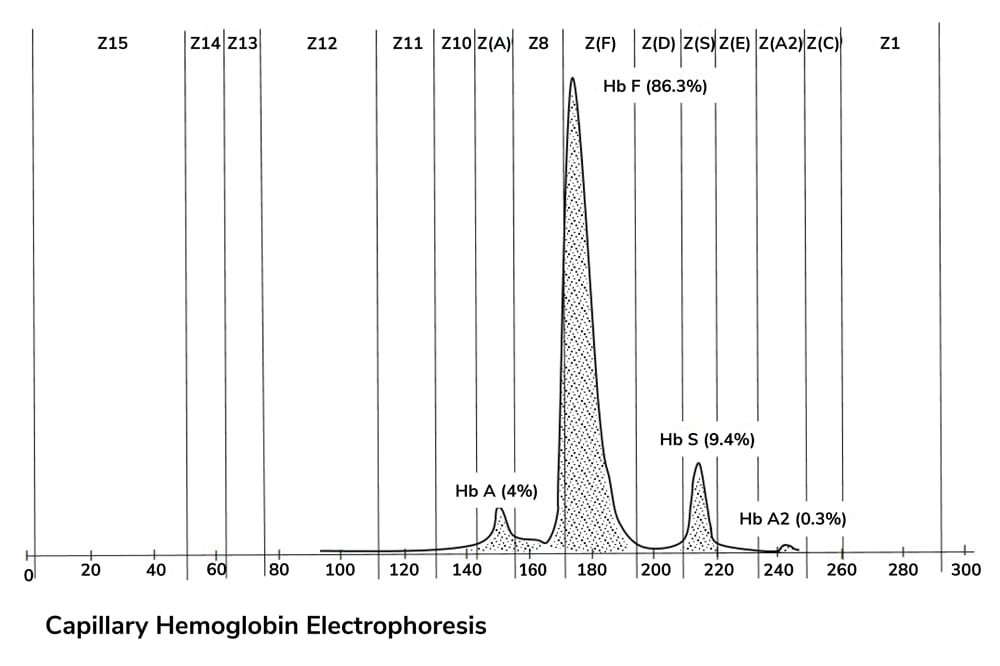The term “benign hematology” refers to a variety of non-malignant hematological conditions, including genetic hemoglobinopathies, disorders of coagulation, anemia, and nutritional deficiencies such as iron deficiency. These disorders are often treated by primary care physicians, with more complicated cases referred to hematologists. In the United States, these are predominantly professionals specialized in hematology and oncology – but this means that many benign hematology patients experience long wait times due to a nationwide shortage of available physicians who specialize in hematology (1,2). In American medical training, the pathway to hematological expertise involves completing a combined fellowship that includes both hematology and oncology. A 2019 survey of these fellowship graduates indicated that 62 percent of them had no intention of incorporating benign hematology into their practice (3), further increasing the vacuum of qualified providers. Here at the University of Texas Medical Branch (UTMB), the Department of Pathology is filling that vacuum.

Michael Laposata, chair of the department, has announced plans to open a benign hematology service staffed by a mix of pathologists and other interested, experienced, and available hematology-oncology doctors. The service will act as a traditional consult, capable of not only offering expert advice on the selection of laboratory tests and interpretation of laboratory values, but also delivering direct patient care in both telehealth and in-person formats.

The benefits of staffing benign hematology clinics with pathologists are numerous, particularly for patients. First, pathologists are familiar with using complex laboratory algorithms to diagnose benign hematological disorders, such as bleeding, anemia, and thrombosis; as a consequence, we are adept at interpreting results. Staffing benign hematology clinics with pathologists sets the stage for a reduction in misdiagnoses, as well as in the under- and overutilization of laboratory tests, all of which may decrease the overall cost of care (4,5). At UTMB, we have years of experience with diagnostic management teams (DMTs), in which we have produced detailed interpretations of laboratory results in patient charts (4,5), working closely with clinicians to advise on the diagnostic evaluation and treatment. Many diagnoses that are predominantly laboratory-based can be communicated through a similar mechanism.
Another benefit is patient appointment times. In this new model of care, pathologists will bill for the patient encounter and are salaried in whole or part for management of laboratory services. This provides the option of spending more time with individual patients, because pathologists will not be dependent on high patient throughput to maintain their salaries. Moreover, pathologists in transfusion medicine and coagulation – who are often most familiar with the required care for benign hematological disorders – will often see patients directly. Additionally, pathologists are experts in the indications, risks, and benefits of transfusion of blood products, which are often indicated for benign hematological disorders.
The benefits of this approach also flow inward. The evolution of this approach to clinical practice opens the door for pathologists to interact more with medical students, improving their understanding of our specialty (and potentially increasing recruitment of students into our discipline). It will increase pathologists’ exposure to our clinical colleagues and provide an awareness of the ways in which pathologists can improve diagnostic accuracy. Finally, as this initiative unfolds, it will provide broader training to pathology residents in caring for this class of disorders.

In summary, direct patient care by pathologists in benign hematology is an initiative with many benefits – to the patients, to the field of pathology, and to medicine in general. Several decades ago, transfusion medicine moved into pathology training – and this new initiative bears many similarities. Today, pathologists are uniquely qualified to step into the space of expert physicians in hematology – where we can provide critical services to this often-underserved population of patients. At UTMB, we hope to act as a model for this innovative format for patient care and inspire other pathologists to follow in our footsteps.
References
- D Sharma et al., Blood Adv, 22, 3550 (2019). PMID: 31738829.
- H Ahmed, JB Carmody, et al., Cureus, 21, e9216 (2020). PMID: 32821567.
- LE Masselink et al., Blood Adv, 21, 3278 (2019). PMID: 31698456.
- MK Sarkar, et al., Diagnosis (Berl), 1, 21, (2017). PMID: 29536907.
- M Laposata M, Diagnosis (Berl), 1, 85, (2014). PMID: 29539974.




